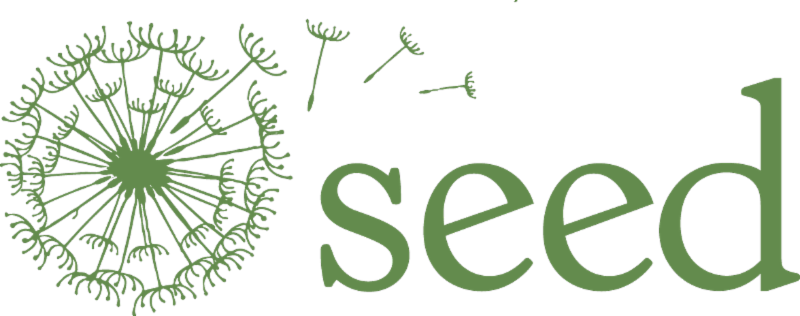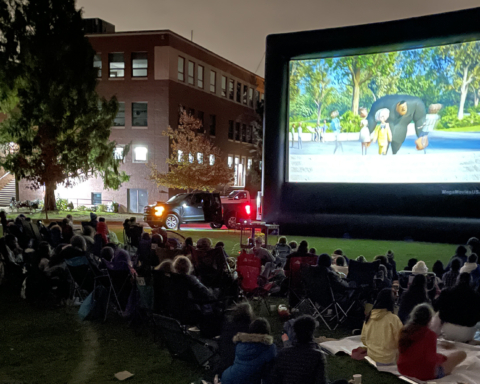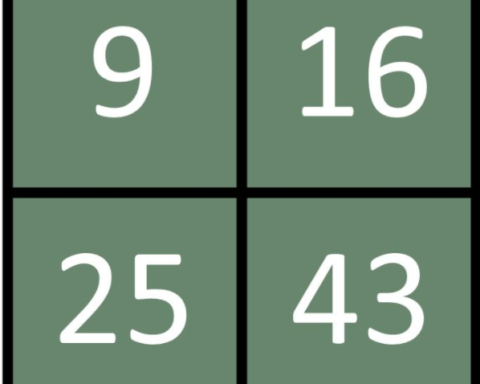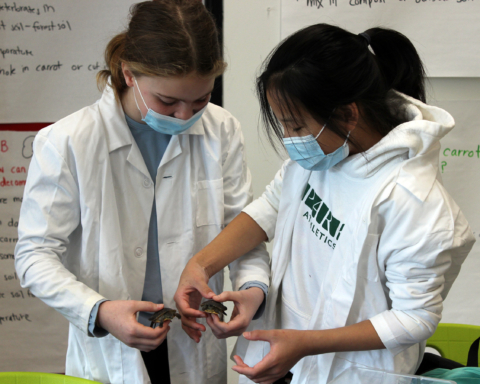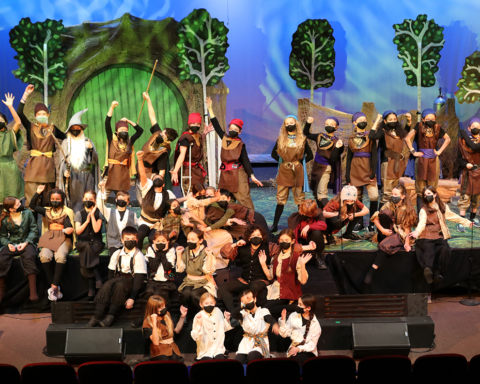Park is pleased to announce the continuation of the Parent SEED program in 2021-22, inviting parents and guardians to participate in a personal development program designed to equip participants to connect their lives to one another and to society at large by acknowledging systems of power, oppression, and privilege. Last year, participants found the experience to be tremendously valuable as a community building effort, and we are eager to continue the good work. Want to get a better sense about the experience? One of last year’s participants shares his perspective below.
How are you doing? How have things been since last we met?
This kind of simple “check-in” – at its root, an exercise in basic empathy – allowed the eighteen members of Park’s Parent SEED group to begin our monthly meetings by each offering our own current state of mind.
My responses changed depending on the events and circumstances of my life at that moment. Perhaps I was feeling hopeful. Perhaps a bit discouraged. Maybe relaxed…or a little more guarded. Sometimes feeling well-connected to others in my life; at other times a bit more isolated. On the other hand, the fundamental perspective I brought to the group fluctuated less, given that it had been shaped by the entirety of my lived experience.
Regardless, while I was sharing my mindset as we settled into a meeting, I knew the other group members were listening. As they each spoke, I listened to them. And if, on a given day, one of us didn’t feel like speaking, we knew we would be respected in our quietness.
 SEED stands for Seeking Educational Equity and Diversity. To quote the program’s website,
SEED stands for Seeking Educational Equity and Diversity. To quote the program’s website,
“SEED partners with communities, institutions, and schools to develop leaders who guide their peers in conversational communities to drive personal, institutional, and societal change toward social justice.”
Prior to the commencement of our parents’ group in 2020-21, Park teachers and staff had participated in SEED seminars for decades. When the parents’ group was announced, I chose to join because I felt committed to confronting my own assumptions, biases, and blindspots. Patting myself on the back for a progressive political stance and a friendly, tolerant outlook wasn’t enough.
I’m a white, American, cisgender male. I speak English as a first language. I’m highly-educated, from an affluent family. I’m heterosexual and physically able. These labels don’t define me as a human being, but they do define my privilege. They don’t mean that I knowingly seek to oppress or devalue others, but they do confer largely unjust advantages, favoring me and those like me in a society that has systematically marginalized and exploited so many others.
It seemed to me that the SEED model – an open conversation between people of differing backgrounds – offered a tangible step towards more fully grasping the sometimes overt, sometimes extremely subtle dynamics of power that are at play in all of our lives, every day.
After the summer in which George Floyd’s murder catalyzed the Black Lives Matter movement, the reality of a culture of white supremacy and the work of anti-racism were certainly key subjects during our SEED sessions. However, race was only one of many frames of intersecting identities that we explored. Socioeconomic class, ethnicity, nationality, gender, sexual orientation, physical and mental differences, first language, age, religious or spiritual affiliation and more – all affect how we experience the world, how we treat and are treated by others, what we do and do not know.
Focusing on a different theme each meeting, and thoughtfully guided by the group’s facilitators Elyse Seltzer (former Park librarian, still a current Park parent and co-chair of the PA’s DEI Committee) and Interim Lower Division Head (and parent) Tina Fox, we followed vital conversational guidelines as we talked:
- Speak for yourself. Use I-messages. Be aware of your own “politics of location.” (Adrienne Rich, 1985)
- Respect the roles of silence. Know that there is always the right to pass and to continue listening. If you pass, consider why you are passing. When you pass, know that the facilitator will come back to you. Recognize that when a person passes it can be interpreted differently based on that person’s politics of location.
- Balance speaking and listening. Please follow our facilitated prompts around reflecting, speaking, and listening. Know that there will be both serial testimony and cross-talk, and that there will always be more to talk about.
- Share the airspace. Tend first to your own balance of talking and listening. Be aware of those times where having equal time to speak and listen is just, and when our politics of location require additional time to restore justice.
- Consider what is confidential. Remember, what’s said here stays here, and what’s learned here leaves here. If you wish to continue a conversation confidential to one space, be sure to ask for consent in continuing the conversation and be aware of where you are asking to continue that conversation.
- Trust that learning is a process. Trust that this work takes work. It is a process for each of us and all of us. Hold each other in this and accountable to this.
- Acknowledge intent and assess impact. Recognize that people are often evaluated for intent or impact based on their politics of location. If something said impacts you negatively, you can say “ouch” to signal for a facilitative check-in.
(Adapted from Emily Style and Linda Powell, 1995 updated by Gail Cruise-Roberson & Jondou Chase Chen, 2017.)
In each session we had time to share perspectives and experiences all together as a group, and then in “break-out” rooms of two or three people. We reflected on the complex ways our differing frames of identity influence our lives and the lives of those around us. Elyse and Tina offered resources to support our work, both during meetings and for further engagement on our own; videos, articles, websites, audio pieces, graphics. For example, we used this image to begin a meeting focusing on nationality. It’s intentionally open-ended. What figure are you in this scene? What informs that choice?
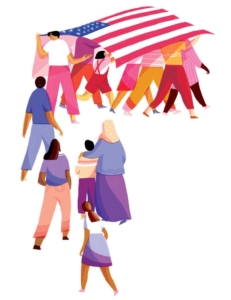
We considered questions that reward both careful introspection and deep listening to others’ voices: Have you unintentionally or intentionally been in a dominant role over someone else? Felt dominated or subjugated by someone else, a group, or a system? How have you internalized these roles? Do you ever feel the need to represent yourself and/or your societal position or class differently depending on the social context in which you find yourself? What assumptions do you make, consciously or subconsciously, about the way your lived experience relates to others’?
Real change takes time. The Parents’ SEED program did not magically evaporate my internalized biases and blindspots. It did not erase my privilege. And I’m one individual, with one viewpoint; the other members of our group supported my writing this piece, but I do not speak for them. All this said, my own experience was hugely valuable. I was regularly surprised, edified, challenged, and supported (sometimes all in the span of one meeting) as I considered my own experiences while absorbing those of other group members. SEED has widened my perspective and deepened my understanding as I move forward — imperfectly and surely with many lessons still to be learned.
Thank you to Elyse, Tina, and all of last year’s parent SEED participants. I’m hugely grateful for your time, energy, openness, and commitment. The kinds of conversations that happen in a SEED group require honesty and receptivity, with the goal being not to debate or persuade, but to relate and empathize. As a member of the Park community, I feel that these kinds of conversations, in whatever context they happen, are of crucial value. Without reservation, I encourage anyone who feels the same – or who is even just curious to learn more – to consider joining the parent SEED group this year or in the future.

